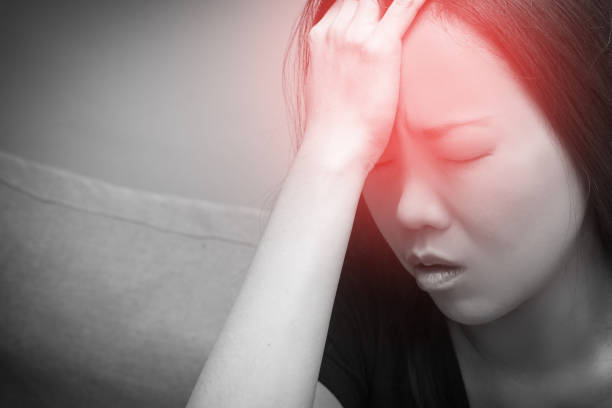Dizziness and blackouts, often referred to as syncope, can significantly impact an individual’s daily life and may signal underlying medical concerns. Dizziness involves a sensation of lightheadedness, unsteadiness, or a feeling of faintness, while blackouts refer to a temporary loss of consciousness.
What Are The Common Causes Of Dizziness And Blackouts?
Dizziness and blackouts can stem from various causes, and identifying the underlying factors is essential for appropriate management. Common causes include:
- Orthostatic Hypotension
- Emotional stress, pain, or the sight of blood
- Dehydration
- Arrhythmias, heart valve disorders, or other cardiac conditions
- Epilepsy, migraines, or transient ischemic attacks (TIAs)
- Hypoglycemia (low blood sugar)
- Anaemia (low blood count)
- Medication side effects
- Inner ear disorders
- Anxiety, panic attacks, or stress
- Postural Orthostatic Tachycardia Syndrome (POTS)
When Should Dizziness And Blackouts Be Considered A Medical Emergency?
You should consult a doctor if you experience any recurrent, sudden, severe or prolonged unexplained dizziness or fainting episodes.
Seek emergency medical care if your symptoms are accompanied by any of the following:
- Severe headache
- Numbness or weakness in the face, arms or legs
- Chest pain
- Difficulty breathing
- Rapid or irregular heartbeat
- Seizures
- Confusion or a change in your mental state
How Is The Cause Of Dizziness And Blackouts Diagnosed?
Diagnosing the cause of dizziness and blackouts involves taking a thorough history and examination. As there are many underlying causes of dizziness diagnosing the cause of can involve comprehensive evaluation, including:
- Electrocardiogram (ECG or EKG)
- Holter Monitor or Event Recorder
- Blood Tests
- Tilt Table Test
- Echocardiogram
- MRI or CT Scans
- Electrophysiology Study (EPS)
- Neurological Evaluation
- Blood Pressure Monitoring
Are There Lifestyle Changes That Can Help Prevent Dizziness And Blackouts?
Several lifestyle changes can help reduce dizziness and blackouts. These include:
- Ensure adequate fluid intake
- Maintain a healthy diet
- Identify and avoid triggers such as sudden position changes or certain foods that may induce dizziness
- Engage in regular physical activity to promote cardiovascular health
- Rise slowly from a sitting or lying position
- Practice stress-reducing techniques such as deep breathing, meditation, or yoga
- Limit caffeine and alcohol
- Monitor blood sugar
- Take prescribed medications as directed
What Treatment Options Are Available For Dizziness And Blackouts?
Treatment for dizziness and blackouts varies based on the underlying cause. Lifestyle modifications like staying hydrated and avoiding triggers may help manage certain cases. Medications, physical therapy, and orthostatic training address specific conditions contributing to dizziness. In some instances, implantable devices or surgical interventions may be recommended, and blood pressure management is crucial in preventing orthostatic hypotension.







